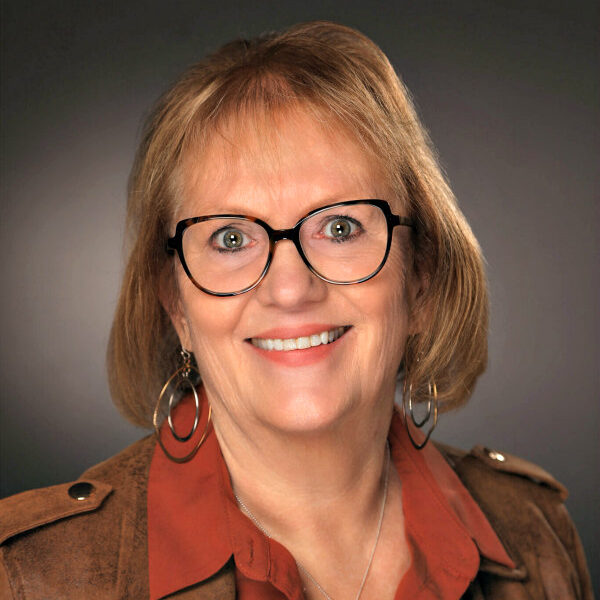Are You Codependent?
“Codependency” has become a buzz word which is often heard and used in describing someone. Yet, the word itself may be misunderstood. Clients often relate it to mean that you are “dependent” upon others. I often hear clients say that they are quite independent and therefore not codependent.
However, the true definition of co-dependency might put a different light on it. I love to use Melody Beattie’s list of characteristics from her book Codependent No More. It helps to clarify behaviors that could be considered a codependent pattern. The list is quite lengthy so I will highlight just a few points.
People display codependent behaviors when they think and feel responsible for other people. This includes other people’s feelings, thoughts, actions, and choices. They are often involved in solving another person’s problems and feel badly when they don’t get the same response returned to them. They find themselves saying yes when they really want to say no. Therefore, they are often in situations where they are doing things they really don’t want to be doing. These people often work very hard at pleasing others and disregard their own wants and needs or don’t even know their needs. They over-commit themselves and over-give to others.
People with codependent behaviors often are not happy with themselves so they don’t feel content or peaceful with themselves. They need outside validation for their feelings of self-worth and believe that these compliments will fill the emptiness on the inside.
Communication patterns may involve not saying what they really mean or not meaning what they really say. They may not know what they even feel or do need to say. They work to anticipate other people’s needs and do or say what will make the other person happy.
So if this gives you a glimpse into yourself, it might also explain why you aren’t feeling good about yourself or about life. You may be overly involved in other people’s lives, which can be all-consuming and very exhausting. You need to be out of that scene and into your own scene. Begin to make a point to be aware of the patterns that may not be optimal for your own inner wellbeing. First start by living in the moment. This means the “here and now” moment. Let go of the need to control things. If you are staying in the present moment, you aren’t thinking about past or future worries. You are living present—paying attention to the only person you really have a say in or have any control in how they feel—YOURSELF!
Tags:
codependent characteristics,
letting others' mood effect yours,
trying to fix things for others

